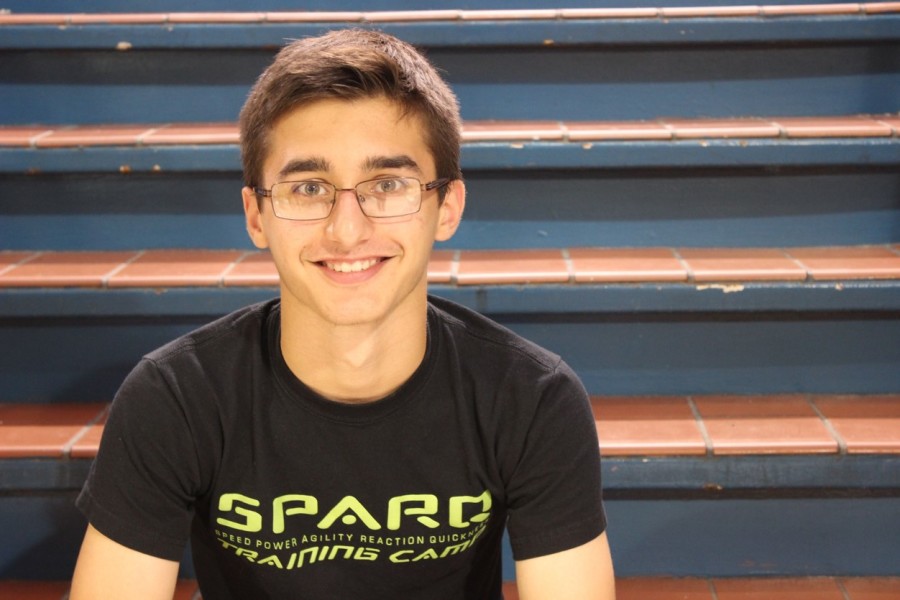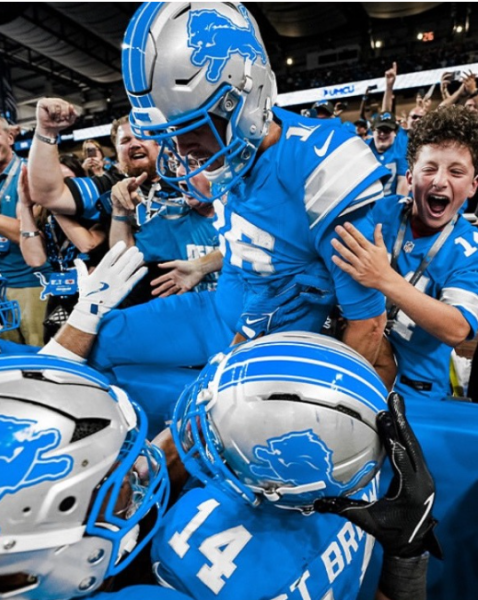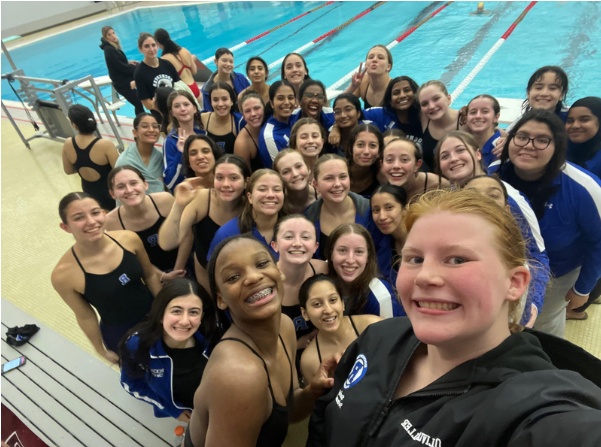Treatment of Muslims depends on location
April 25, 2016
Muslims like junior Hiba Abbas see themselves as typical; yet, many in the country have used the term Muslim with a negative connotations.
“I was in a Tim Hortons line to buy coffee and a lady ahead of me paid for my coffee,” Najah Bazzy, founder of the charity Zamaan International said. “Twenty minutes later a man spit at me while I was driving to my charity.”
Bazzy, a Muslim herself, tries to practice her religion as thoroughly as possible. In doing so, Bazzy believes that retaliation for hatred towards Muslims is the wrong way to go.
“I believe in random acts of kindness and the golden rule,” Bazzy said. “I believe exhibiting peace and justice as a citizen. I do a tremendous amount of interfaith work and I teach Islam whenever asked, and I run a charity organization that takes care of every walk of life.”
While many Muslims try to accurately represent the religion of Islam, Abbas believes that the work Muslims do is for nothing because of the media.
“Muslims are most definitely not fairly represented by the media. Muslims are only shown in the news when they are the offenders, but never when they are the victims,” Abbas said. “For example, the Chapel Hill shooting last year where three Muslims were killed was not covered by the news until three days later whereas the Paris attacks were immediately trending worldwide as it happened.”
Those like sophomore Ammaar Fazal feel that Muslims are treated like regular citizens of the United States.
“I feel like my friends and peers treat me normally,” Fazal said. “I think that this community treats Muslims like normal people, and they don’t paint us with the same brush with ISIS and other radical Islamic groups.”
However, Fazal thinks that in communities besides Rochester Hills, Muslims experience hatred and racism.
“People in other communities might not be treated fairly,” Fazal said. “Women may be more susceptible to hatred considering that they wear the Hijab, and they are more obvious Muslims than others.”
Bazzy does believe that if students in high school are experiencing hatred, they should understand the circumstances surrounding them, and learn from the situation at hand.
“I really believe that doing something positive, whether in school, community, in the nation, this is what needs to happen,” Bazzy said. “Once people start talking, there is an opportunity to educate and learn about each other. If we don’t engage in dialogue, then someone else is writing our narrative, and it can be wrongly portrayed. The only way to counter that is through dialogue.”
Abbas understands that all walks of life need to be treated fairly, and that racism of any kind is unacceptable.
“Whatever misconception someone may have regarding any religion is one that should not be inflicted in the way they choose to treat someone else,” Abbas said. “No matter what, everyone should be treated equally; race, religion and gender should never have an impact towards someone’s right to be treated fairly. People need to respect what others may believe in their religion, otherwise they are considered ignorant.”
In regards to condemning terrorist attacks like the ones in Paris, Bazzy believes firmly that all attacks should be condemned. Not only by Muslims in attacks by radical Muslim groups.
“I think condemning terrorism, whether domestic or international; no matter who the terrorist is, regardless of race or religion is necessary,” Bazzy said. “I think it is important to condemn it because it gives a voice to the injustice. People who died innocently deserve that condemenation because of the idea that they didn’t deserve to die.”
In terms of the ideas of Islam in the media, Fazal is against the idea of constantly having to condemn terrorist attacks.
“I don’t think I should condemn the attacks if it is only people like me that are condemning them,” Fazal said. “Everyone should have to condemn attacks, regardless of who we are.”
After the attacks, Bazzy condemns every one and wants to remind people what Islam is really about.
“I believe the beauty of Islam, the truth and justice of it, the inclusiveness of it, will ultimately trump those who are using it in such an evil and misguided way,” Bazzy said.







